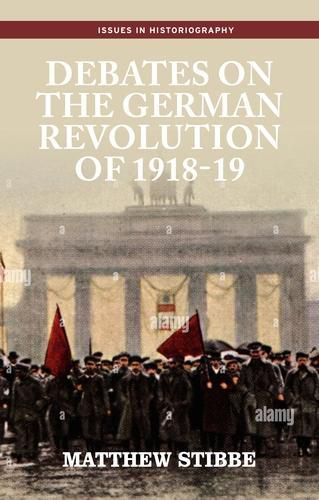Readings Newsletter
Become a Readings Member to make your shopping experience even easier.
Sign in or sign up for free!
You’re not far away from qualifying for FREE standard shipping within Australia
You’ve qualified for FREE standard shipping within Australia
The cart is loading…






In November 1918 a revolution overthrew the old imperial system in Germany and inaugurated a republic. The revolution was formally completed in August 1919 when the social democrat Friedrich Ebert was sworn in as president.
By this time, however, many of the revolution's original aims and intentions had been swallowed up by new political concerns and lived experiences. For contemporaries the meaning of '9 November' changed, becoming increasingly contested between rival parties, military experts and scholars.
This book examines how the debate on the revolution has evolved from August 1919 to the present day. It takes the reader through the ideological battles of the 1920s and 30s into the equally politicised historical writing of the cold war period. It ends with a consideration of the marginalisation of the revolution in academic research since the 1980s, and its revival from 2010.
$9.00 standard shipping within Australia
FREE standard shipping within Australia for orders over $100.00
Express & International shipping calculated at checkout
In November 1918 a revolution overthrew the old imperial system in Germany and inaugurated a republic. The revolution was formally completed in August 1919 when the social democrat Friedrich Ebert was sworn in as president.
By this time, however, many of the revolution's original aims and intentions had been swallowed up by new political concerns and lived experiences. For contemporaries the meaning of '9 November' changed, becoming increasingly contested between rival parties, military experts and scholars.
This book examines how the debate on the revolution has evolved from August 1919 to the present day. It takes the reader through the ideological battles of the 1920s and 30s into the equally politicised historical writing of the cold war period. It ends with a consideration of the marginalisation of the revolution in academic research since the 1980s, and its revival from 2010.